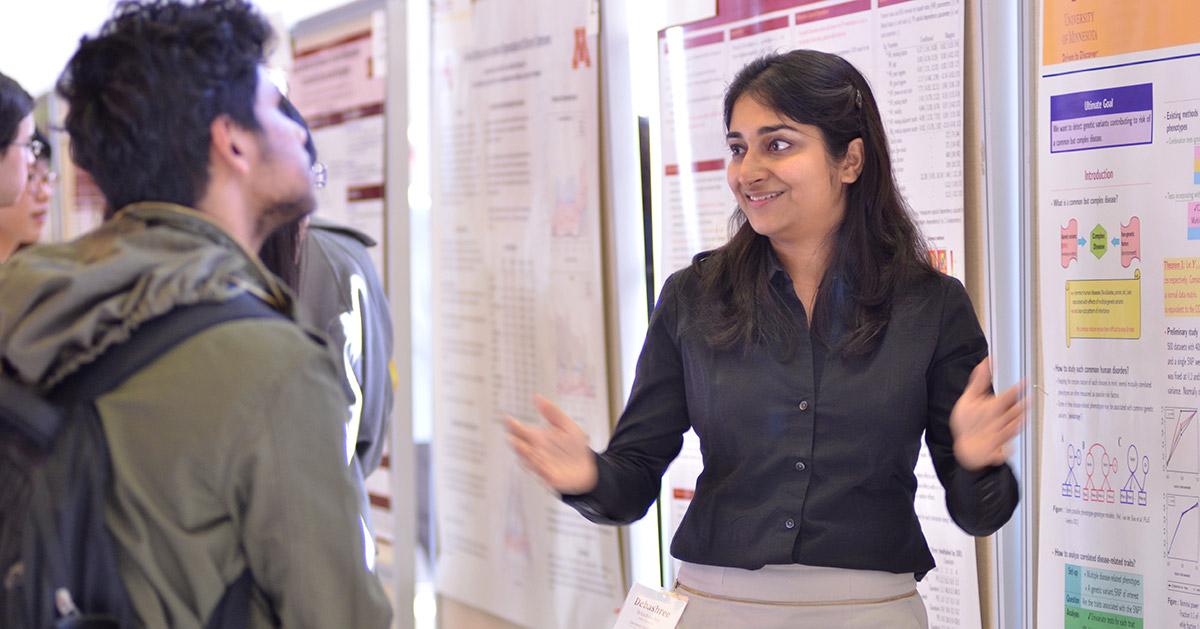Assistant Professor
Johns Hopkins University
Baltimore, MD
“I am involved with the “COV-IND-19” study group…we are using our expertise in statistics and data science to search for answers and solutions that can help COVID-19 related policymaking in India.”
In what ways are you working on or responding to the COVID-19 outbreak?
I am involved with the “COV-IND-19” study group led by Dr. Bhramar Mukherjee. We are using our expertise in statistics and data science to search for answers and solutions that can help COVID-19 related policymaking in India. Our work is the result of the collective public health conscience of a group of interdisciplinary researchers in different parts of the U.S. and in India. Over the last two months, we have come up with multiple opinion pieces studying pre-, during, and post-lockdown effects in India, which provided critical information for policymakers and have had an extensive reach through media that covered our work (e.g., Reuters, The Times of India, The Guardian, The Economic Times).
Who in the community will benefit most from this work?
Our work models data from India and hope that it will inform policy and practice related to COVID-19 in India. We have an interactive and dynamic app (covind19.org) with short- and long-term projections updated daily. Our work can also help policymaking in other COVID-19 affected countries because we have made our prediction and data visualization codes freely available through github for reproducible science. Additionally, we hope our manuscript in the premiere data science journal, Harvard Data Science Review will benefit the scientific community, especially public health scientists, by showcasing how to conduct sound, transparent, and reproducible data analysis under serious constraints such as time, data quality, and our understanding of the coronavirus.
How has your public health education prepared you for this situation?
Public health work is interdisciplinary in nature, which has taught me teamwork and valuable communication skills. I believe the backbone of public health is transparent collection of data, and sound analysis and interpretation of that data. As a biostatistician, apart from being trained to develop novel statistical approaches to deal with newer challenges of ever-changing biological and epidemiologic data, we have also been trained to do transparent and reproducible data analysis within a team.
How has COVID-19 impacted your life?
Since COVID-19 started spreading around the world, I have experienced alternating waves of fear and inspiration. Fear for my family and friends half-way around the globe, and inspiration from front-line workers, scientists, and common people giving their best to fight this crisis. It is then that the COV-IND-19 study group convened virtually and decided to channel our collective energy in this work. Through this experience, I have learned a lot about infectious diseases, about public health in general, and scientific communication. I have learned how to do thoughtful yet rigorous science under serious time constraints.
Do you think this pandemic will inspire people to think about public health differently? How so?
I hope more people will be inspired to acquire a basic training and understanding of public health. Globally, we need more trained public health professionals at different levels to avert such a pandemic in the future. I hope communities, governments and countries will learn from their mistakes in disease management and be better prepared to tackle any future disease outbreak and nip it in the bud.

